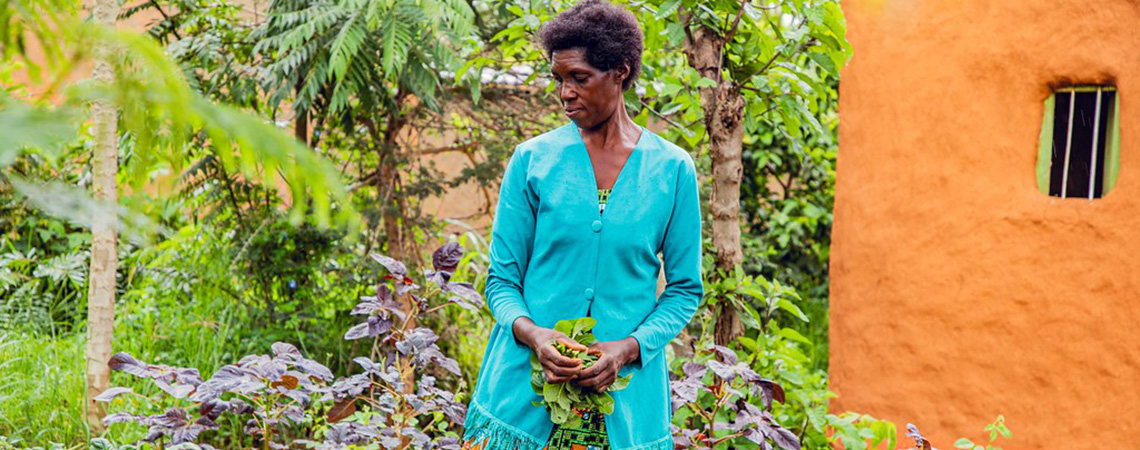
Photo:
Communities in Rwanda are highly exposed to the impacts of climate change, primarily due to a high reliance on rainfed agriculture, which sustains over 70 percent of the population. Crop failures and decreased agricultural productivity due to changing climate conditions threaten food and livelihood security. High rates of poverty, steep topography and poor soil quality amplify the vulnerability of communities in the country's Southern Province.
To improve community climate resilience in the Southern Province, this 6-year project will introduce an integrated approach to landscape management that will strengthen food and livelihood security under future climate conditions by building resilience across various sectors, landscapes and value chains. This integrated approach will respond to capacity needs for implementing national climate strategies at the local level, thereby enhancing the enabling environment for climate change adaptation within communities.
Technical assistance and capacity building will be provided to local communities and stakeholders — with a focus on women and historically marginalized communities — to support improved water and land resources management. This assistance will be underpinned by a sustainable finance model that secures private-sector partnerships and investments into climate-resilient value chains and systems, sustaining climate-resilient livelihoods into the future.
The project will also deliver a range of benefits for biodiversity, including the sustainable use of natural forests; climate change mitigation, including increased use of renewable energy, improved energy efficiency and improved carbon stocks in forests and agriculture; reduced land degradation; and the development of sustainable livelihoods for local communities and forest-dependent peoples.
- Community
- Municipality
- District
- National
- Country Office
- Local Governments
- National Governments
- Non-Governmental Organizations
- Private Sector Partners
- United Nations Development Programme (UNDP)
578,268 (male: 279,937 | female: 298,331)
- Ministry of Natural Resources, Rwanda Environment Management Authority (REMA)
- Global Environment Facility (GEF)
- United Nations Development Programme (UNDP)
Expected outcomes
Component 1: Enabling environment for improving climate resilience through a systems-based approach to climate risk reduction
Outcome 1: Community-level empowerment for developing and implementing gender-responsive climate resilient strategies
Component 2: Enhancing community climate resilience through improved landscape management and sustainable climate-resilient livelihoods
Outcome 2: Water resource management techniques are improved to be climate resilient
Outcome 3: Land management enhanced through sustainable livelihood options and restoration interventions
Component 3: Leveraging sustainable finance through private sector investments
Outcome 4: Operationalization of private sector engagement interventions under existing Ireme Invest and Community Adaptation Fund (CAF) facilities of FONERWA (Rwanda Green Fund)
Component 4: Knowledge management and information dissemination to facilitate national-level information exchange and scaling-up
Outcome 5: Increased awareness of gender-inclusive climate resilience adaptation strategies and dissemination of knowledge products for scaling up results
- Image
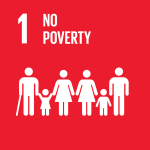
- Image
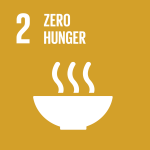
- Image
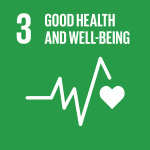
- Image
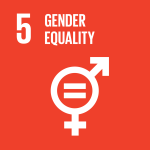
- Image
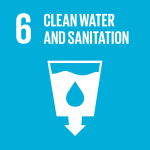
- Image
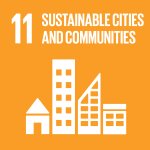
- Image

- Image
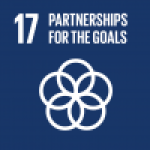
- Image
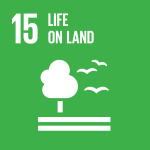
To enhance climate change resilience against floods, droughts and landslides in Rwanda, the proposed project will contribute to food, water and livelihood security through improved land and water resource management.
The proposed project has been designed using a systems-based approach that integrates components of Rwanda’s core development priorities and strategies. In accordance with Vision 2050, the project will enhance the resilience of communities and sustainable development through multifaceted interventions.
The sustainable livelihoods component of the proposed project aligns with the country’s goals to improve: human development and agriculture for wealth creation. Additionally, by developing value chains and improving market access for vulnerable communities, the proposed project will contribute to Rwanda’s ambitions for local communities to graduate from poverty. Moreover, by connecting local communities with national and regional climate strategies under Component 1, the project will address capacity gaps at the grassroots level, complementing the Green Growth and Climate Resilience Strategy's (GGCRS) emphasis on empowering local institutions.
Similarly, innovative water resource-management techniques and circular agriculture systems proposed by the project echo the goals of the GCCRS, which emphasizes the need for sustainable land management and reducing pressure on forest resources — as described in Vision 2050.
Component 3 of the project further complements the GCCRS by fostering green investments and private sector engagement for economic development. By establishing a private-sector engagement facility, the project aligns with both GCCRS and Vision 2050, while blending private and public resources. This alignment extends to the Nationally Determined Contribution (NDC), GCCRS and other related policies such as the Environment and Climate Change Policy, since the project’s focus on enhancing adaptive capacity and resilience will contribute to Rwanda's commitment to climate action. In particular, the proposed project aligns with the NDC's emphasis on private-sector involvement for achieving climate goals.
Lastly, the project's focus on gender-responsive approaches mirrors the nation's commitment to gender mainstreaming in climate policies. Overall, the proposed project connects with Rwanda's national strategies, epitomising a comprehensive and synergistic response to climate change adaptation, sustainable development and resilience-building.
Component 1: Enabling environment for improving climate resilience through a systems-based approach to climate risk reduction
Outcome 1: Community-level empowerment for developing and implementing gender-responsive climate resilient strategies
Component 2: Enhancing community climate resilience through improved landscape management and sustainable climate-resilient livelihoods
Outcome 2: Water resource management techniques are improved to be climate resilient
Outcome 3: Land management enhanced through sustainable livelihood options and restoration interventions
Component 3: Leveraging sustainable finance through private sector investments
Outcome 4: Operationalization of private sector engagement interventions under existing Ireme Invest and Community Adaptation Fund (CAF) facilities of FONERWA (Rwanda Green Fund)
Component 4: Knowledge management and information dissemination to facilitate national-level information exchange and scaling-up
Outcome 5: Increased awareness of gender-inclusive climate resilience adaptation strategies and dissemination of knowledge products for scaling up results
Muyeye Chambwera, Regional Technical Advisor, Climate Change Adaption, UNDP muyeye.chambwera@undp.org


